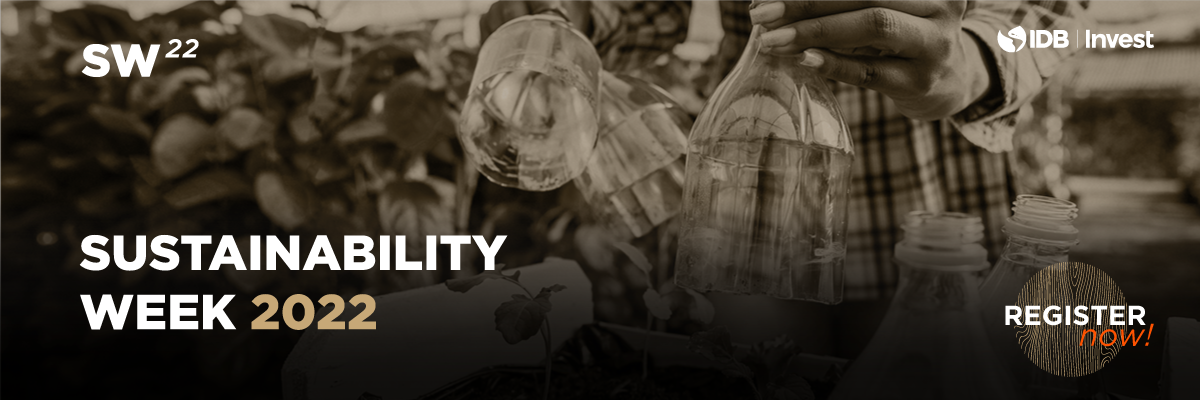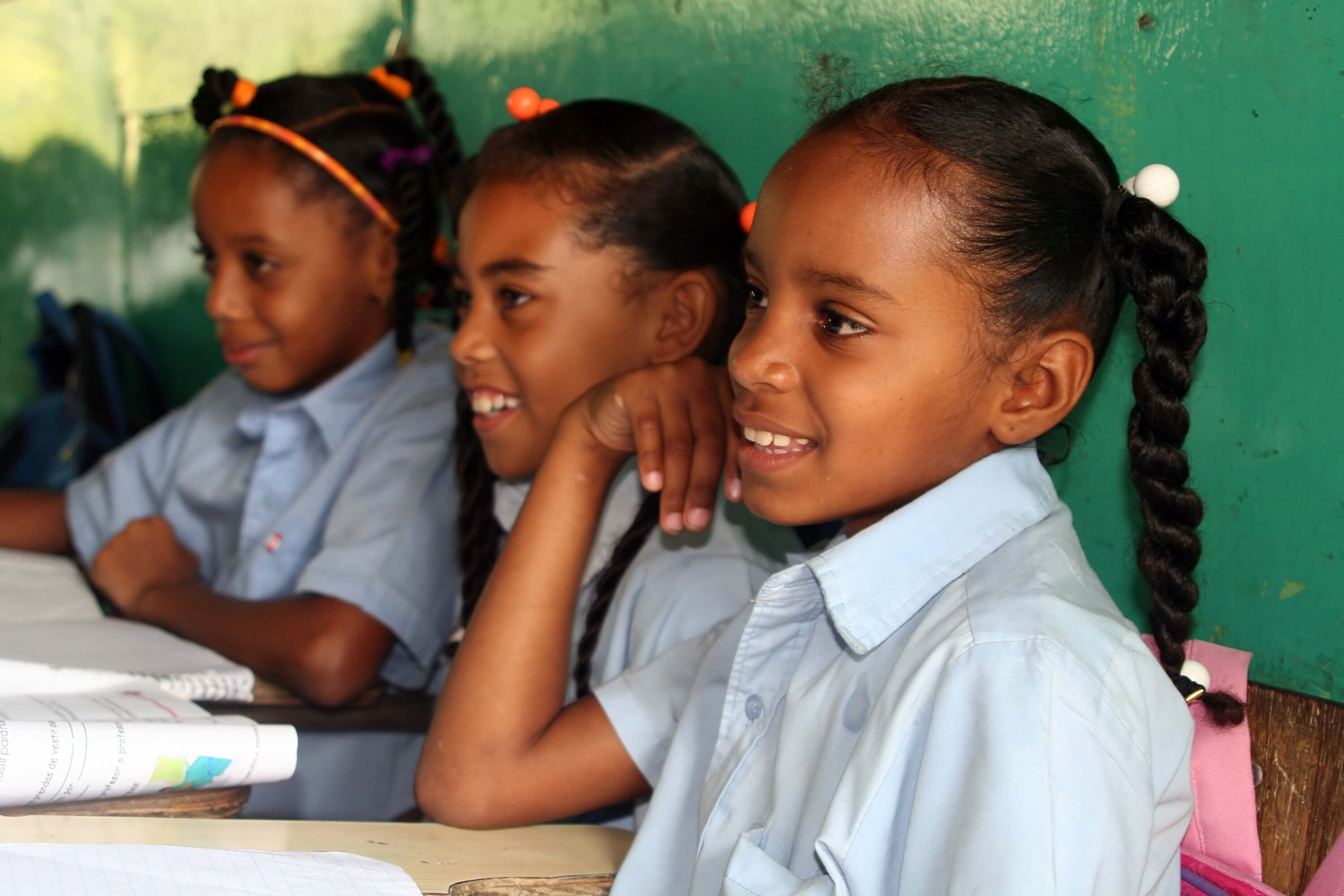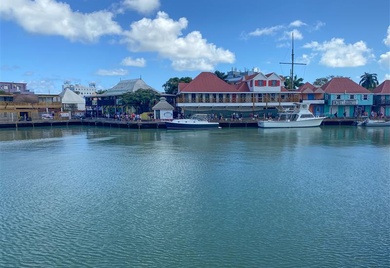IDB World: Electronic Commerce, Ecological Forests, Regional Remittances

A Year and a Half into the Pandemic: How Did Cross-Border E-Commerce Evolve?
Cross-border e-commerce initially contracted in Uruguay because of the pandemic but started to show a pronounced recovery in mid-2020. Data on all credit and debit card purchases made abroad in the framework of the country’s franchise regime revealed that it decreased significantly between January and May 2020.[1] The aggregate annualized value of these purchases from Uruguay dropped 5.9% over this period. However, in June 2020, online purchases abroad grew around 37% relative to June 2019.
What happened with cross-border e-commerce in Uruguay in the most recent 15 months? Using the same, updated detailed data, we found that (i) the recovery has continued, driven by an increase in the number of transactions made by a larger number of buyers; (ii) there has been a shift in the geographical origins towards the United States and away from China; and (iii) there has been a stronger trend to substitute electronics for apparel.
Uruguay’s cross-border e-commerce has expanded substantially since mid-2020. Annual online purchases abroad grew about 42% between May 2020 and September 2021 to reach US$ 82 million. In terms of weight, the growth was around 40% over the same period and the total topped almost 1.5 million kilos. These annual values were already 33% larger than those registered in February 2020, the month before the onset of the pandemic (Figure 1—left panel), and more than 200% larger than those prevailing at the end of 2014, the first full year of the regime. As a reference, standard annual imports increased 17.6% from May 2020 to September 2021.
Latin America and the Caribbean forests: large providers of ecosystem services
Our life on Earth is intimately linked to forests. From the raw materials we obtain from them for construction, daily use products or medicines, to the air we breathe, we are dependent on the irreplaceable services that these valuable ecosystems provide.
Latin America and the Caribbean is known as a biodiversity superpower, largely due to its forests. The region has approximately a third of the world’s forests, half of its tropical forests and a quarter of its mangroves.
On the International Day of Forests, let us highlight the vital ecosystem services they provide and the importance of these ecosystems for our economies and our quality of life.
Why Chileans Brought Money Home While Colombians Sent It Abroad in 2020
Chile and Colombia are two of the most solid economies in Latin America and the Caribbean. While in 2020 they contracted 5.8% and 6.8%, respectively, they were among the strongest performers in the region amid difficult circumstances. Both are open market economies, with flexible exchange rates and access to foreign markets. They also have faced social unrest and protest regarding inequality and other issues in the last couple of years.
Given their similarities, it was striking to discover that in 2020 Colombians increased their savings abroad by 2 percentage points of GDP while Chileans repatriated assets instead of engaging in their usual behavior of saving 2% of GDP abroad each year. Were Chileans more confident about their economy? Were Colombians scared about their country’s prospects?
It turns out that both countries managed the situation well. Government policy in both allowed them to tap unconventional financing sources, which successfully helped to smooth financial net flows in a global environment in which external financing to Latin American and Caribbean countries was severely strained.

LIKE WHAT YOU JUST READ?
Subscribe to our mailing list to stay informed on the latest IDB Invest news, blog posts, upcoming events, and to learn more about specific areas of interest.
Subscribe



